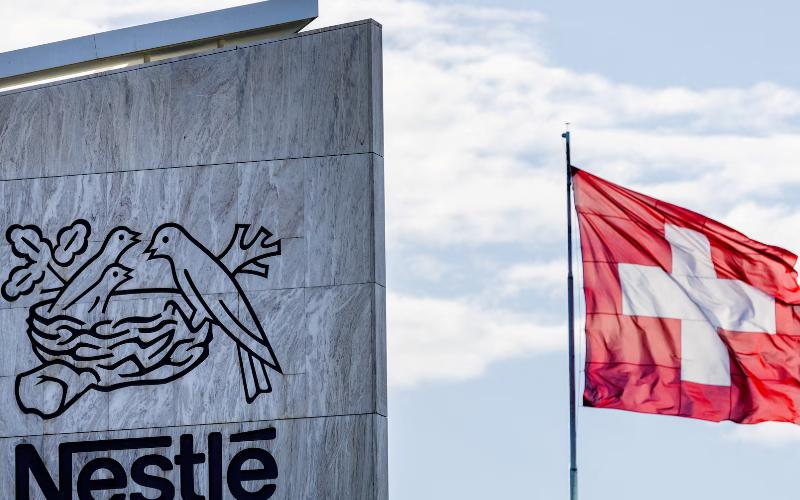The OECD recommended that Kazakhstan improve access to documentation and stimulate digitalization in trade procedures

The OECD focused on developing trade relations between Central Asian states and the export ecosystem of Kazakhstan.
Opening the event, the head of the OECD Eurasia Department, William Thompson, noted that trade facilitation plays a key role in the integration of countries both at the regional and international levels, reducing trade costs.
Minister of Trade and Integration of the Republic of Kazakhstan Arman Shakkaliev noted that mutual trade turnover between Kazakhstan and Central Asian countries is growing. The main trading players in the region are Kazakhstan and Uzbekistan. Moreover, Kazakhstan accounts for more than half of the volume of foreign trade transactions with OECD countries.
“For Kazakhstan, as one of the largest partners of the Central Asian states, it is important to follow the principles and standards of the OECD in various sectors of the economy. As part of the project, we are doing a lot of work to strengthen and develop trade connectivity within the region. In this context, special priority is given to strengthening the competitive economy and export ecosystem of Kazakhstan,” the minister emphasized.
The head of the Central Asia division of the OECD Eurasia Department, Gregory Leconte, presented the key points of the reviews on trade and transport connectivity of the countries of the Central Asian region and voiced the recommendations of the international organization for further improvement of trade procedures.Overall, despite the improvement in trade facilitation indicators in the region, it is recommended to continue to improve access to documentation, encourage digitalization in trade-related procedures, and develop infrastructure.
“In particular, Kazakhstan is encouraged to expand its existing single window service structures and reduce compliance costs,” said Gregory Leconte.
Also, the Ambassador of the Republic of Lithuania to Kazakhstan, Egidijus Navikas, noted that the connection between Central Asia and Europe through the Middle Corridor is one of the main tasks in ensuring the transit of goods.In turn, Vice Minister of Trade and Integration of the Republic of Kazakhstan Kairat Torebaev shared information about the dynamic development of transport logistics in the region. In recent years, cargo supplies to Europe through the TMTM, which passes through the Caspian Sea, Azerbaijan, and Georgia, have been increasing. Thus, the volume of cargo transportation along the Middle Corridor increased 1.8 times; in 2023 alone, 2.8 million tons of cargo were transported through the TMTM. The growth was 86% compared to the previous year.
“Of particular importance for Kazakhstan, in addition to the transit functions of TMTM, is the stimulation of the export of goods and services. The Ministry of Trade and Integration of the Republic of Kazakhstan and QazTrade are actively working to simplify trade procedures and continue to expand trade cooperation with the countries of Central Asia,” the press service said in a statement. .
According to information from Deputy General Director of QazTrade JSC Nurlan Kulbatyrov, the implementation of OECD recommendations and the transition to paperless trade will lead to an increase in trade turnover by 30% in the medium term, which is a priority indicator for Kazakhstan. He also noted that Kazakhstan participates in all OECD analytical activities in the field of trade. These include the OECD Services Trade Restrictiveness Index (STRI), the OECD Trade Facilitation Indicators and the Trade in Value Added (TiVA) Database.














